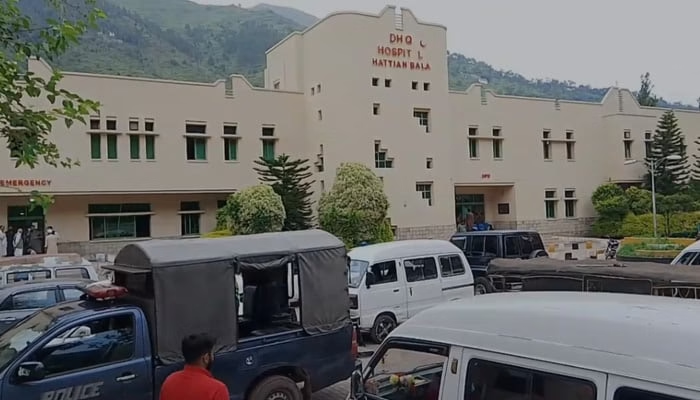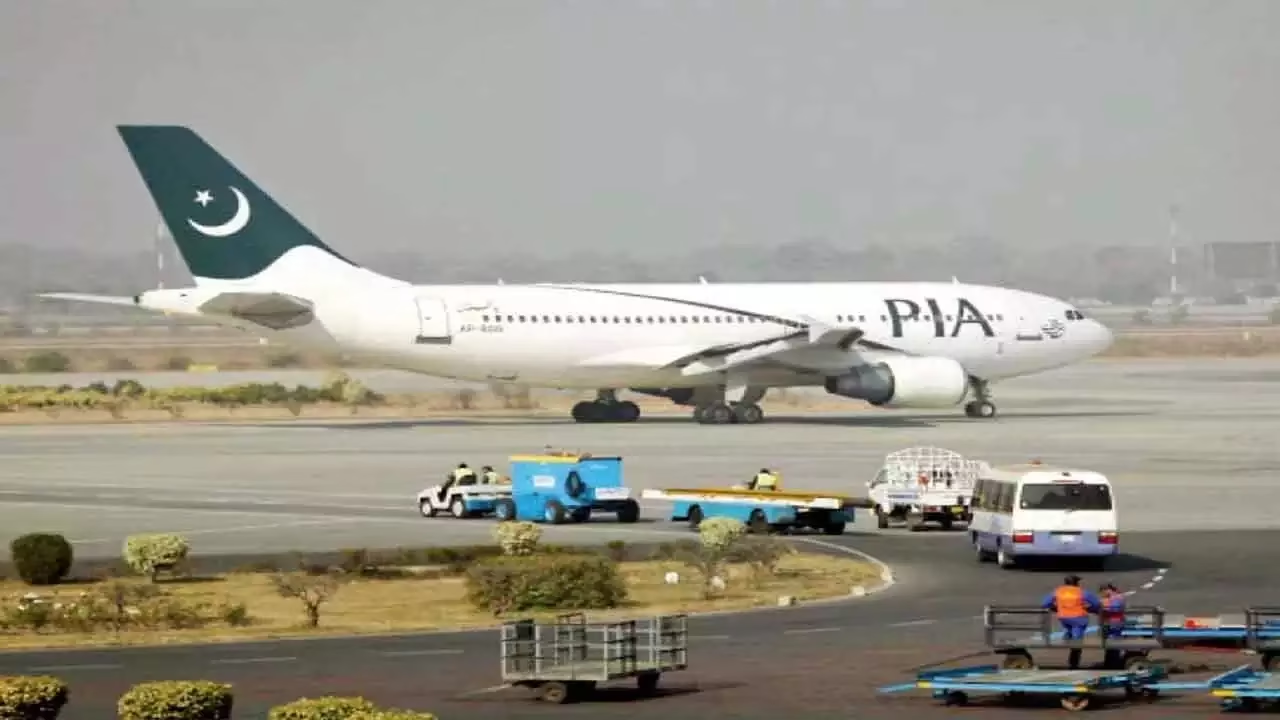In a heartbreaking incident that has once again spotlighted the perilous state of road safety in Pakistan’s mountainous regions, a van carrying schoolchildren plunged into a gorge near the scenic Chikar hill station in Neelum Valley, Azad Jammu and Kashmir (AJK). The accident left at least 25 children and the van driver injured, with several reported to be in critical condition.
According to the Azad Jammu and Kashmir police, emergency services rushed to the scene, and all injured passengers were immediately transported to nearby hospitals for medical attention. Superintendent of Police (SP) Mirza Zahid confirmed that two children and the van driver sustained life-threatening injuries and are being closely monitored by medical teams.
The victims were shifted to District Headquarters (DHQ) Hospital in Hattian Bala and Tehsil Headquarters (THQ) Hospital in Chikar for treatment. The incident has sent shockwaves through the community, with parents, teachers, and residents deeply shaken by the tragedy.
A Recurring Nightmare in Mountainous Regions
This unfortunate event is not an isolated one. Road accidents are tragically frequent in Pakistan’s hilly and mountainous areas, especially in regions like AJK, Gilgit-Baltistan, and Khyber Pakhtunkhwa. These areas suffer from a combination of poor infrastructure, narrow and unpaved roads, lack of proper safety protocols, and untrained or inexperienced drivers navigating treacherous routes.
In many cases, buses and vans are overloaded with passengers—far beyond their designated capacity—which contributes significantly to accidents, particularly when vehicles lose balance on sharp curves or steep inclines. In this latest case, while overloading hasn’t yet been confirmed as a cause, the narrow mountain routes and lack of safety barriers along the gorge may have contributed to the van’s fall.
Not the First Time Tragedy Strikes AJK Roads
Just last month in May, a devastating accident occurred in AJK’s Dhirkot tehsil where five police officers lost their lives when their vehicle plunged into a ravine near the tourist destination of Lasdana in Bagh district. Among the deceased were prominent officers including Assistant Director Zakir Awan, IG’s Reader Ali Bukhari, and Inspector Yasir Kiani, along with policemen Fahim and SHO Naveed.
These incidents highlight an ongoing crisis that demands urgent intervention by regional and federal authorities. Families of the victims and concerned citizens are calling for strict enforcement of traffic regulations, driver training, and the repair or rebuilding of neglected road infrastructure in high-risk zones.
Alarming Statistics and a Call for Action
Despite an overall decline in road accidents across Pakistan in 2024, the numbers remain alarming. According to official data:
- A total of 6,233 road accidents were reported nationwide in 2024, down from 9,333 in 2023 — a 33% decrease.
- Among these, 4,231 were classified as fatal accidents in 2024, compared to 3,820 in 2023.
In Azad Jammu and Kashmir alone:
- 409 road accidents were reported in 2024, with 111 fatal and 298 non-fatal.
- In 2023, 391 road accidents occurred, with 115 fatal and 276 non-fatal.
While the overall trend suggests an improvement, the data paints a different picture for regions like AJK, where fatal accidents have remained consistently high, and the margin of improvement is minimal. This latest van tragedy has reignited public discourse on the need for investment in safe public transport, road safety education, and modern infrastructure in remote areas.
Voices of Concern and Appeals for Safety
Community leaders and parents are urging the government to take comprehensive steps to prevent such incidents in the future. Suggestions include:
- Immediate assessment and repair of dangerous mountain roads.
- Mandatory safety inspections of school transport vehicles.
- Installation of protective railings and warning signage on accident-prone routes.
- Strict regulations on the number of passengers in public and school transport vehicles.
- Enhanced emergency response capabilities in remote areas.
As the nation prays for the recovery of the injured children, this tragic event serves as a stark reminder of the urgent need to prioritize safety over convenience—especially when the lives of young students are at stake. Whether this becomes a turning point for meaningful reforms remains to be seen, but the people of Neelum Valley—and Pakistan at large—can no longer afford to ignore the cost of inaction.



